We often hear the term ‘Woke’ bandied about online, but what does it even mean? The term’ woke’ is generally used to refer to a greater level of sensitivity and awareness regarding issues of social justice, equality, diversity, and inclusion.
While definitions of what it means to be ‘Woke’ vary, here’s a list of 18 attitudes that are considered to be aligned with woke culture.
Gender Fluidity
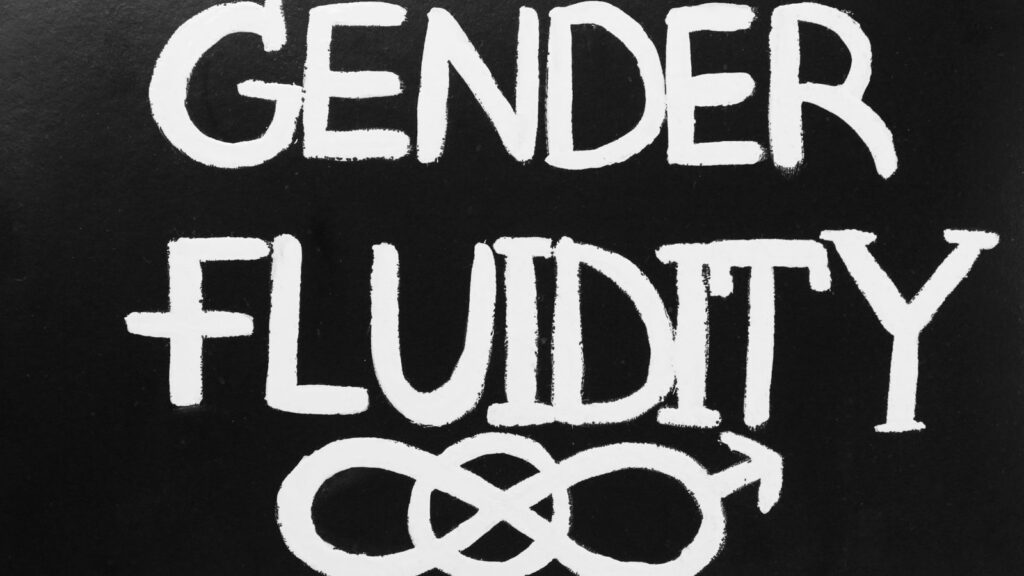
While some older generations struggle to get their head around what the term “gender fluid” means, younger generations have embraced this term as a way to extend inclusivity and recognize that gender occurs on a spectrum and that it’s not just a black-and-white characteristic.
Climate Change Activism
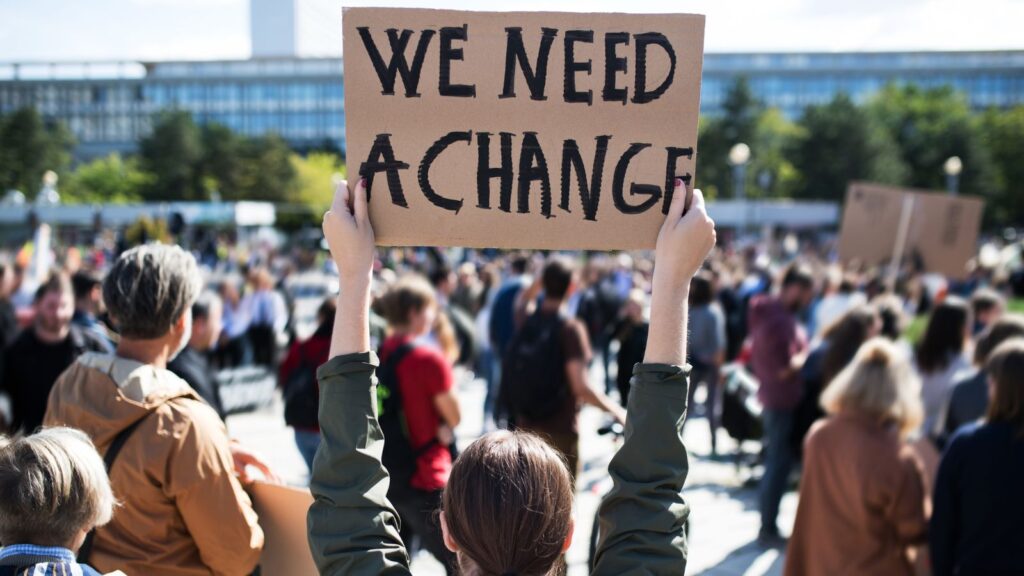
Gen Z and Millennials are incredibly environmentally conscious and appear to be keen to participate in climate change activism more than other generations. Their hyper-concern about recycling, stopping pollution, and saving the planet is often labeled as woke rhetoric.
LGBTQ+ Rights
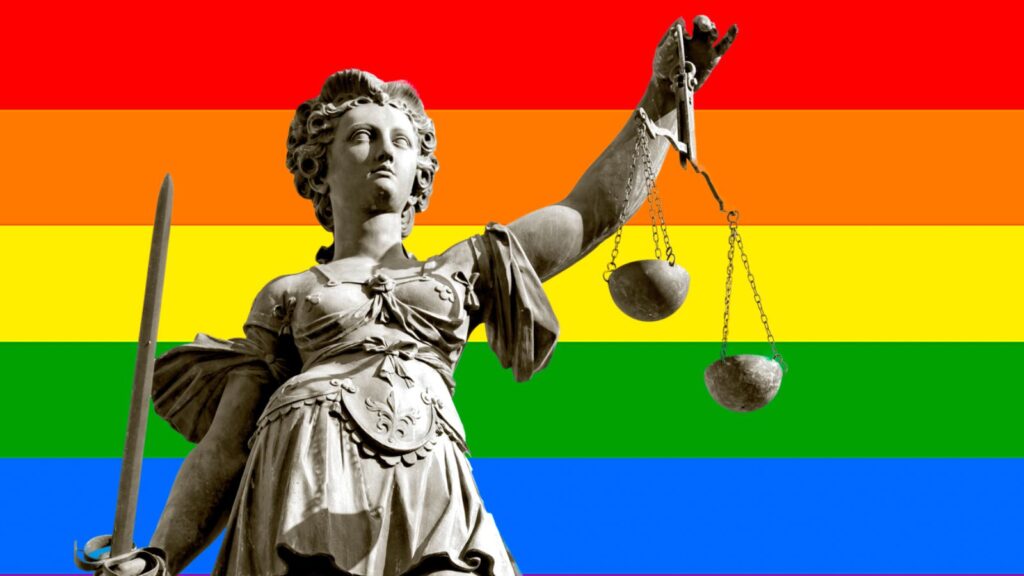
Current generations are extremely progressive across a broad range of social issues relating to equality, diversity, and inclusion, and LGBTQ+ rights are something that they openly advocate for despite their efforts being disparagingly called ‘woke.’
Body Positivity

Forget the heroin chic craze of the 90s; there’s a new set of attitudes towards body image in town, and it’s all about body positivity. Today, the idea that human beings come in all different shapes and sizes has been widely embraced, with terms like “body-shaming” making their way onto the scene, which clearly dictates that it is wrong to judge or shame anyone’s shape or size.
Mental Health Awareness

In the last decade, there has been a revolution in the level of awareness around mental health. And now, many young people take pride in talking openly about their mental health and setting boundaries in their personal and professional relationships to protect their mental well-being. However, older generations see this as a softer approach to life that they didn’t have. In an attempt to quantify their separation from these attitudes, they sometimes label mental health awareness as ‘woke.’
Racial Equality
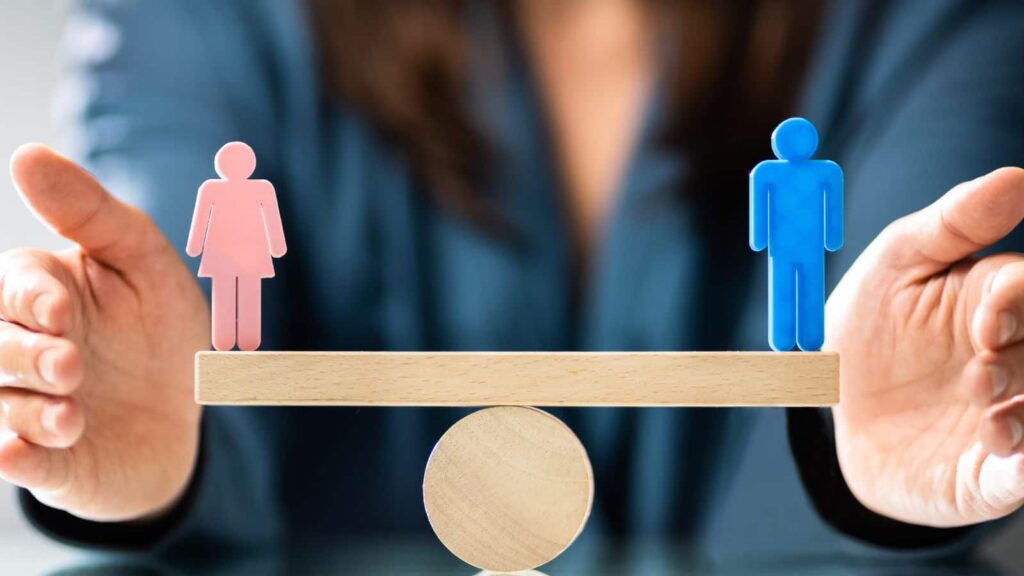
We aren’t sure how some people can call racial equality woke, as it is a basic human right to be respected and treated fairly regardless of your race, age, gender, or religious affiliation. However, some elements of society call attitudes around racial equality wake attitudes.
Cultural Appropriation

Cultural appropriation refers to using or exploiting aspects of another culture’s unique characteristics. However, some older generations don’t fully grasp why or how cultural appropriation works or how it could be deemed offensive.
Animal Rights
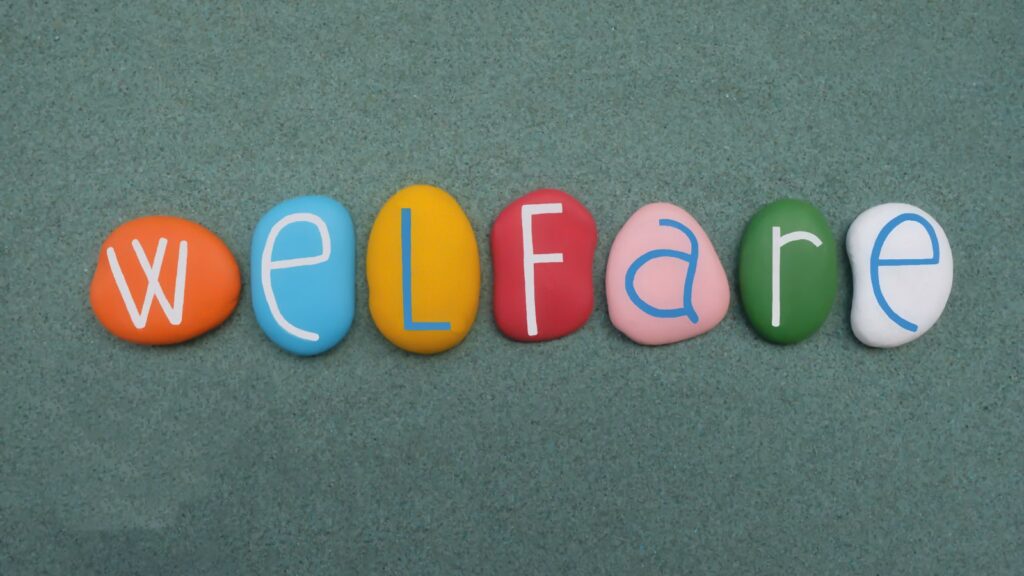
The youth of today care about animal welfare, and they appear more sensitive to issues like animal testing, abuse, and even the consumption of meat, as all of these activities ultimately harm animals.
Support for Immigration
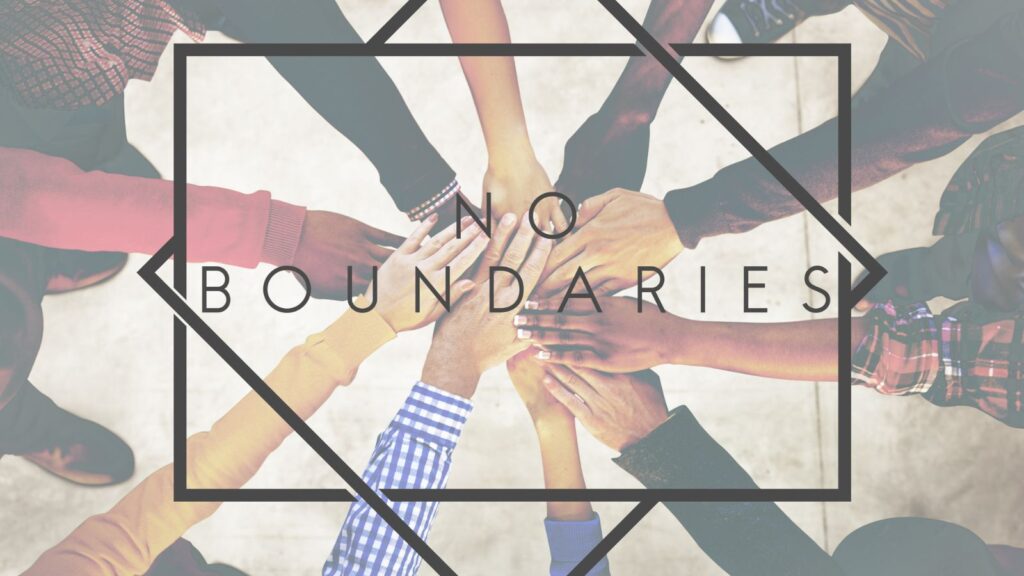
While there are elements of American society who appear prejudiced against immigration and fearful of its impact upon American people, jobs, the economy, etc., younger generations appear to be far more empathetic towards the plight of immigrants. This can cause conflict between older and younger generations, with the latter labeling young people’s attitudes as woke and naive.
Economic Equality

Young Americans today care about the economic health and equality of the country as a whole, and this is the polar opposite of some of the “dog eat dog” competitive business mindsets of previous generations. Instead, the current generation is concerned about creating social support systems and eradicating economic inequality by advocating for systems like a Universal Basic Income (UBI).
Prison Reform

While some people in America can’t see the importance of prison reform, as in their mind, prison should be a difficult place that “teaches people a lesson,” Gen Z and Millennials realize that fighting fire with fire just burns the whole house down. They, therefore, advocate for prisons to offer rehabilitation programs, education, and training and to be places of reform instead of purely for punishment.
Anti-Ablism
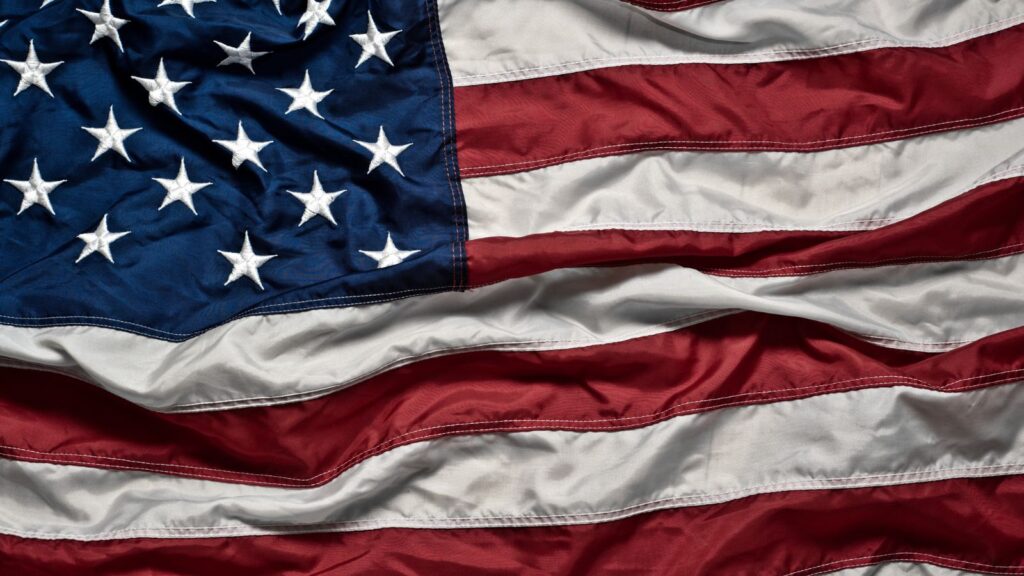
Many Americans won’t even know what this means. Still, anti-ablism refers to discriminatory attitudes and practices that exclude or demean individuals with disabilities who may be less able than the general public.
Youth Empowerment
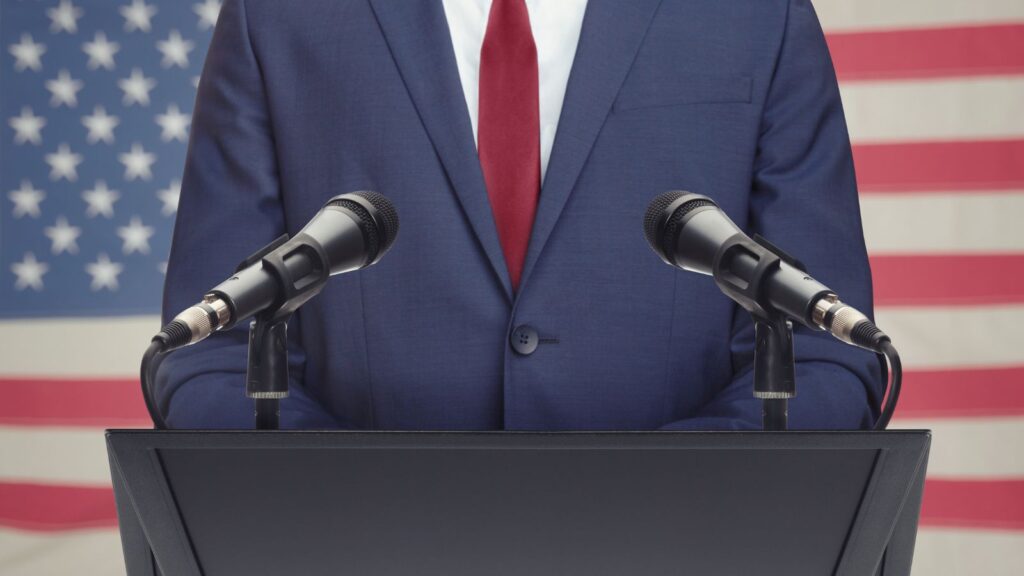
Although some older members of society might view young people as naive and inexperienced, Gen Z and Millennials are passionate about making space for young voices to be heard in social and political realms.
Flat Hierarchy’s

While traditional, older employees might view this idea as ‘woke’ and unnecessary, younger workers today prefer to work within flat hierarchical structures that promote greater engagement and collaboration between employees and management.
Equality of Education

In 2024, young people would love to see more equality in education. Currently, only those who can afford to pay high tuition fees can study at advanced levels, and current generations feel that this is wrong and discriminatory towards poorer students.
Media Literacy
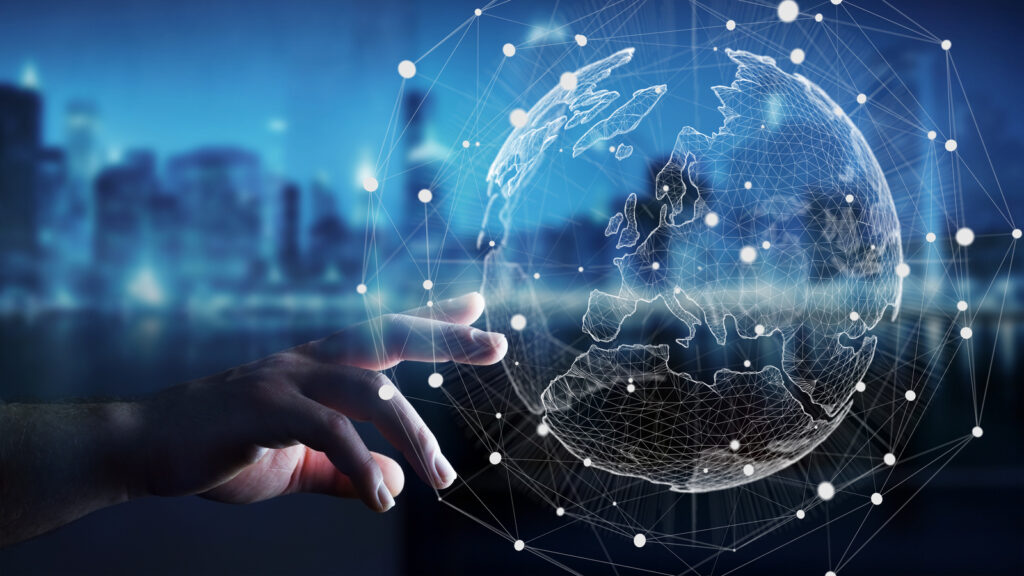
The internet has changed the entire understanding of the word media, as now we don’t just have TV, radio, and newspapers; we have social media, streaming services, podcasts, blogging, etc. Therefore, today’s youth realize the importance of media literacy. With so many different things to contend with, from AI to Deepfake technology and fake news, we all need to be educated to decipher what’s real from what’s not.
Free Healthcare

Healthcare in America is super expensive, which means that individuals who can’t afford to pay can’t afford life-saving treatments even though some traditionalists label this as a woke idea, many call for a free, universal healthcare system in America, similar to what exists in the UK.
International Solidarity

While some Americans can be quite insular in their attitudes toward international engagement, the current generation is a big advocate of working together on a Global stage to stand up for what’s right and put an end to human rights abuses around the world.
19 Grim Realities of Dating After 50 That Are Often Overlooked

19 Grim Realities of Dating After 50 That Are Often Overlooked
26 Things That Will Be Extinct Because Millennials Refuse to Buy Them

26 Things That Will Be Extinct Because Millennials Refuse to Buy Them
24 Outdated Slang Terms You Absolutely Shouldn’t Be Using Anymore

24 Outdated Slang Terms You Absolutely Shouldn’t Be Using Anymore
25 Hardest Parts About Getting Older That No One Ever Talks About

25 Hardest Parts About Getting Older That No One Ever Talks About






